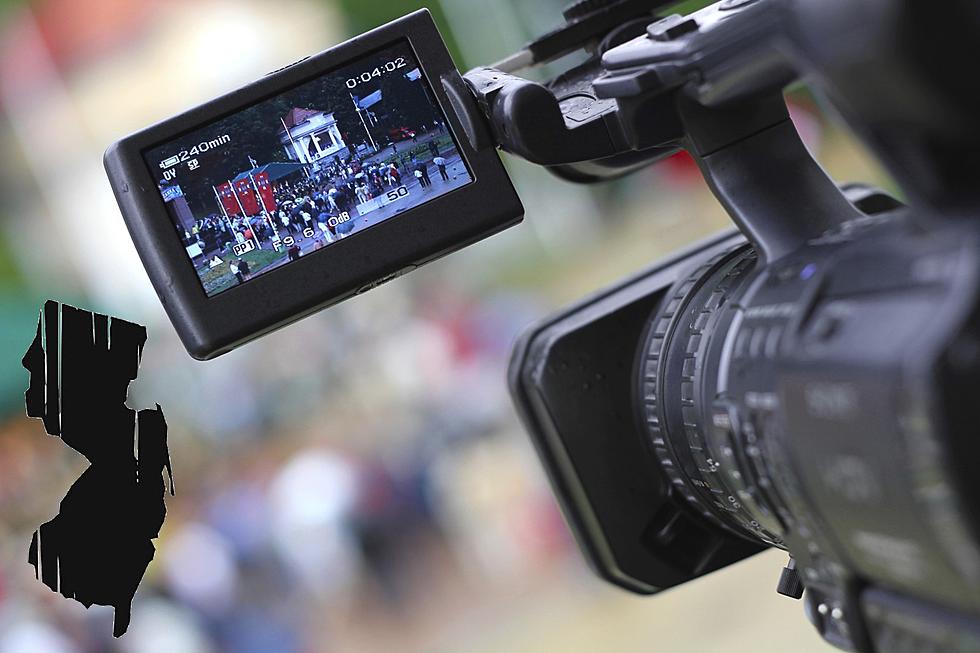
NJ fertilizer law, strictest in the U.S., is killing businesses (Opinion)
New Jersey's fertilizer laws, much hailed as the strictest in the United States, are causing challenges for landscaping and lawn care businesses in the state.
I get it: NJ wants to be at the forefront of environmental protection. But sometimes our lawmakers can’t see the forest for the trees. No pun intended.
Introduced in 2011, NJ’s laws impose restrictions on the application of fertilizers during certain periods, limit the type of fertilizers that can be sold, and require professional certification for applicators. Are you kidding?
Despite being implemented with the intention of protecting the environment, some business owners are questioning how much they really help and are also noticing the negative impact on their businesses.
One major obstacle faced by lawn care professionals is the blackout dates imposed on fertilizer applications. Under the law, commercial applicators can’t use nitrogen or phosphorus fertilizers between December 1st and March 1st, effectively shortening the working season.
This restriction has not only led to layoffs but also difficulty in hiring full-time employees, as well as disruptions in training and scheduling.
The reduced workdays have resulted in substantial financial losses for many businesses.
Plus, inspections by the State Department of Environmental Protection and county boards of health have increased in the past five years, causing further difficulties for businesses.
Isn’t it hard enough to run a business in NJ?
While the intention behind these laws was to address irresponsible practices in the industry, now the good guys are suffering, facing additional burdens and disruptions due to increased scrutiny.
According to an article on landscapemanagement.net fertilizer runoff into the 42 miles of Barnegat Bay is what started all the restrictions.
And that no one is even sure if the new law has helped because it’ll take a lot more time to see its impact. But do businesses have that time?
The piece goes on to say that critics argue that properly applied fertilizers pose almost no risk of runoff and pollution. Scientific evidence indicates that if fertilizers are applied correctly to grass, they remain within the turf and do not contribute significantly to pollution.
Is this just another case of putting the environment in front of the human beings who actually have to live in this state and make a living?
Weird things NJ taxes - and some they don't
Most affordable places to live in New Jersey
Opinions expressed in the post above are those of New Jersey 101.5 talk show host Judi Franco only.
You can now listen to Dennis & Judi — On Demand! Hear New Jersey’s favorite best friends anytime, anywhere and any day of the week. Download the Dennis & Judi show wherever you get podcasts, on our free app, or listen right now.
More From New Jersey 101.5 FM









